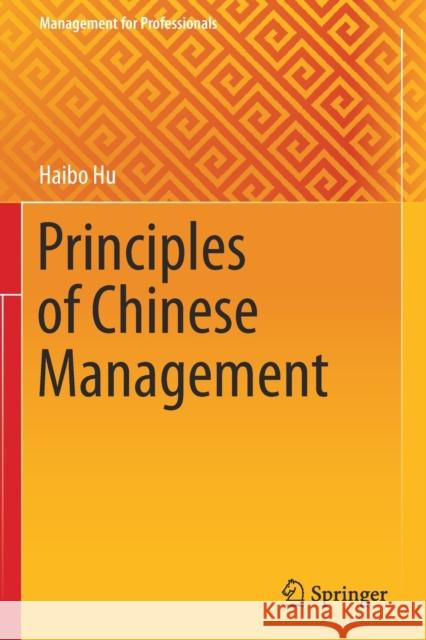Principles of Chinese Management » książka
topmenu
Principles of Chinese Management
ISBN-13: 9789813365247 / Angielski / Miękka / 2022 / 446 str.
Principles of Chinese Management
ISBN-13: 9789813365247 / Angielski / Miękka / 2022 / 446 str.
cena 241,50
(netto: 230,00 VAT: 5%)
Najniższa cena z 30 dni: 231,29
(netto: 230,00 VAT: 5%)
Najniższa cena z 30 dni: 231,29
Termin realizacji zamówienia:
ok. 22 dni roboczych.
ok. 22 dni roboczych.
Darmowa dostawa!
Kategorie:
Kategorie BISAC:
Wydawca:
Springer
Język:
Angielski
ISBN-13:
9789813365247
Rok wydania:
2022
Ilość stron:
446
Waga:
0.62 kg
Wymiary:
23.39 x 15.6 x 2.29
Oprawa:
Miękka
Wolumenów:
01
Dodatkowe informacje:
Wydanie ilustrowane











